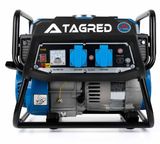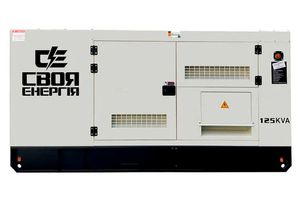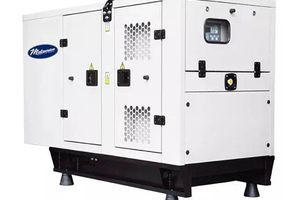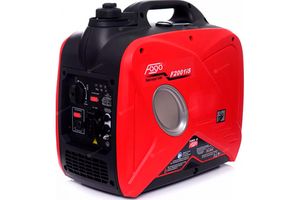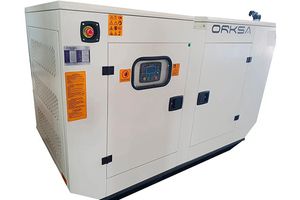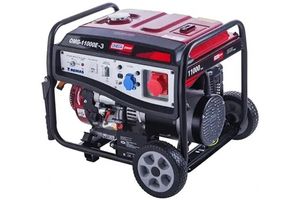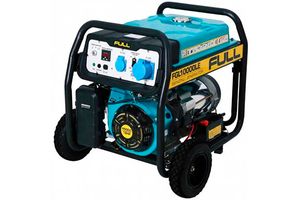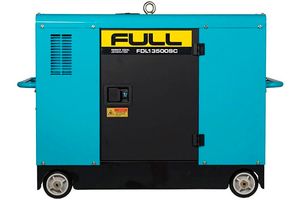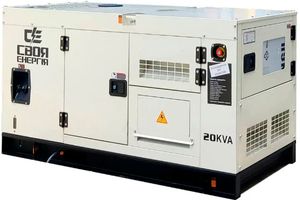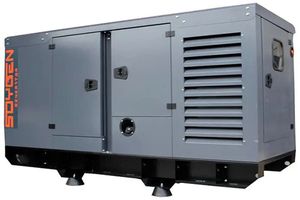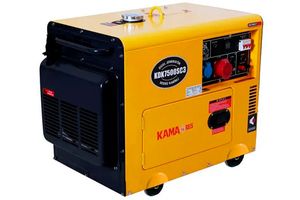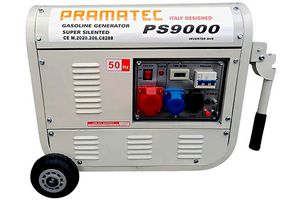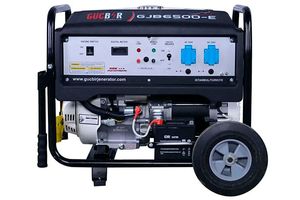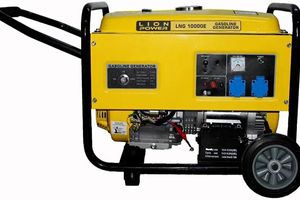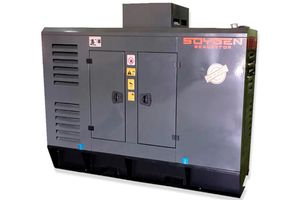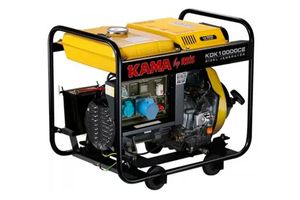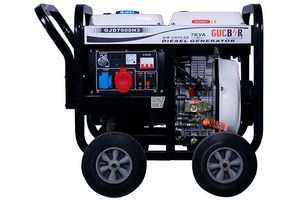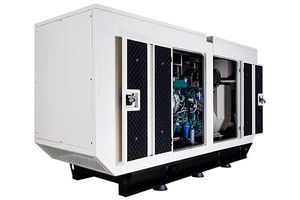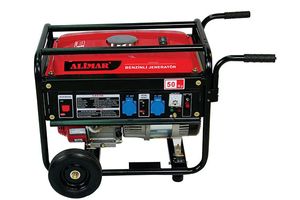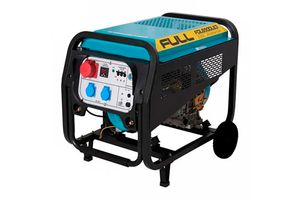How to buy a generator
The convenience of having a backup power source comes at a cost. Before buying a backup generator, just like before buying any other expensive item, do your homework. You'll know what's out there and how different solutions fit your needs if you do your research.
There are important issues to consider when deciding on the size of a standby generator to purchase and the type of fuel used. If you don't ask these questions, you'll end up with a backup generator that either won't meet all your power needs or is too expensive to run.
Select Fuel Source
The first step in choosing the type of backup generator that is right for your home is to determine the fuel source you will be using.
The amount of power and power rating your home will need in an emergency determines the choice of fuel. Standby generators of 22 kW or less are usually air-cooled and run on natural gas or propane.
Generators over 20 kW are usually liquid cooled. These are commercial type generators that run on natural gas, propane or diesel fuel.
Generator dimensions and power
Automatic backup generators come in a variety of sizes (powers). A generator can power some or all of the circuits and appliances in your home or workplace, depending on its power, which is measured in kilowatts (kW).
We can provide different sizes of generators to do one of the following, depending on the appliances and the amount of electricity your building needs:
Use only the essential electrical circuits in your home. Run all the electrical circuits and appliances in your home, but keep in mind that the generator may not be able to handle everything at the same time. Start all electrical circuits and appliances at home at the same time.
Naturally, the greater the power of the generator, the more expensive it is.
Power Requirements
How do you determine how much electricity you need? It all comes down to the electrical appliances in your home.
There are two main power ratings for generators:
Watts required to turn on the instrument - Turning on the instrument consumes significantly more power than just keeping it running. The initial, short-term power requirement is measured in starting watts. It is also known as starting power, maximum power, or peak power.
Conclusion
Power outages are an inevitable part of everyone's life. Investing in a backup generator for your home is a wise decision.
When you decide to buy a backup generator, your home will be comfortable and your life will not be disturbed no matter what conditions await you.


























